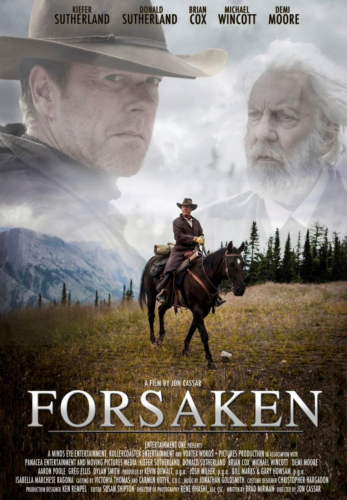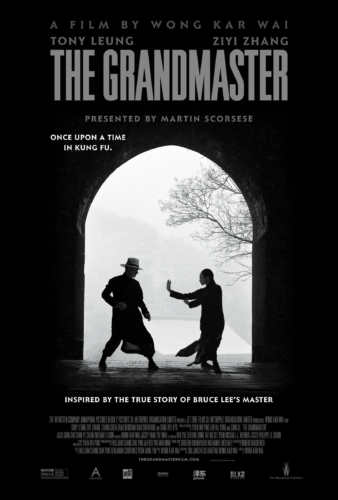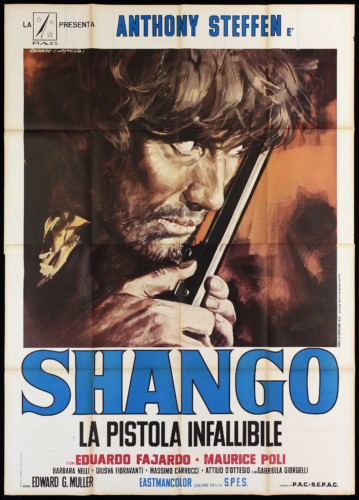 Forsaken (2015) – Donald and Kiefer Sutherland star as a grumpy old widower preacher and his black sheep son who left to fight in the Civil War and then kept outlawing for years after, now returned home to make amends, respectively.
Forsaken (2015) – Donald and Kiefer Sutherland star as a grumpy old widower preacher and his black sheep son who left to fight in the Civil War and then kept outlawing for years after, now returned home to make amends, respectively.
One could make the case (that’s my way of saying that I’m going to make the case, but I won’t defend it) that Westerns are the most tightly strictured cinematic genre: The setting is a particular flavor which has grown out of, and almost apart from, an historical era; the plot and characters almost always revolve around men (and to a lesser extent women) with a minimal social infrastructure on the border between civilization and the frontier, teetering as they decide which way to fall. Within those strictures, it’s a sonnet. There are good sonnets and bad sonnets, but one doesn’t judge the quality of a particular sonnet by criticizing the sonnet format as such.
Using that metaphor, Forsaken is a pretty good sonnet.
This is apparently the only real project that Sutherland pere et fils undertook together. I had heard once, decades ago when Kiefer was first making his own name, that the relationship between the two was strained; given that their roles here are of a father and son whose relationship is strained (to put it mildly), I wonder how much off-camera catharsis this provided.
Demi Moore is also here as the girl Kiefer left behind; she looks like, well, Demi Moore but a little leaner. Not a slight to her, but you know your career is on the downward slope when Michael Wincott’s name comes ahead of yours in the opening credits.
 The Grandmaster (2013) – There have been several movies of varying accuracy about Ip Man, the wing chun master who taught Bruce Lee. This one, from director, Wong Kar-Wai, isn’t so much concerned with the fighting (although obviously the fighting is in there). Instead, it concentrates on… I’m not really sure what. It’s a movie that concerns itself mostly with conversations over a period of several decades, punctuated by some really great visuals, but Wong seems to be deliberately avoiding anything like narrative structure. Fully half of the movie concerns another kung fu clan only peripherally related to Ip Man. And to top it off, even though we’re covering at least thirty years, only one character is shown to age, leaving the viewer wondering if any particular scene is a flashback or not.
The Grandmaster (2013) – There have been several movies of varying accuracy about Ip Man, the wing chun master who taught Bruce Lee. This one, from director, Wong Kar-Wai, isn’t so much concerned with the fighting (although obviously the fighting is in there). Instead, it concentrates on… I’m not really sure what. It’s a movie that concerns itself mostly with conversations over a period of several decades, punctuated by some really great visuals, but Wong seems to be deliberately avoiding anything like narrative structure. Fully half of the movie concerns another kung fu clan only peripherally related to Ip Man. And to top it off, even though we’re covering at least thirty years, only one character is shown to age, leaving the viewer wondering if any particular scene is a flashback or not.
 Shango (1970) – The titular Shango (Anthony Steffen) is a Texas Ranger who wants to inform a small Texas town that the Civil War is over, but the local Confederate leader is in league with a band of bandits and doesn’t want peacetime to interfere with the good thing he’s got going.
Shango (1970) – The titular Shango (Anthony Steffen) is a Texas Ranger who wants to inform a small Texas town that the Civil War is over, but the local Confederate leader is in league with a band of bandits and doesn’t want peacetime to interfere with the good thing he’s got going.
If insanity is doing the same thing and expecting different results, then this is one of the most insane movies ever. Shango keeps doing variations of the same thing in informing people that the Civil War is over, and gets the snot beaten out of him with appalling regularity, in addition to getting the people around him shot. (He begins the movie hanging in a locked cage, and he still doesn’t learn his lesson.) A paean to not accepting who other people are when they tell you? Perhaps.
Abandoned movies:
Phoenix the Warrior (1988) – There must have been some actresses at the audition who looked like they could actually fight, right?
Risen (2021) – Yes, by all means, let’s stop all action within the first ten minutes so that one character can monologue to another character he’s just met about deep, personal stuff.
Are you picking on Michael Wincott here???????
Hitch
Certainly not — I’ve enjoyed him immensely in several movies. The fact remains, he was never a “movie star,” as Demi Moore was for a while.
My understanding is that there’s a certain prestige in being the last person listed in the credits as well as being the first one. Though, by that standard, I’m a little surprised that they ended with Demi rather than Donald.
But she was not listed in that place of honor — she was just in credits.